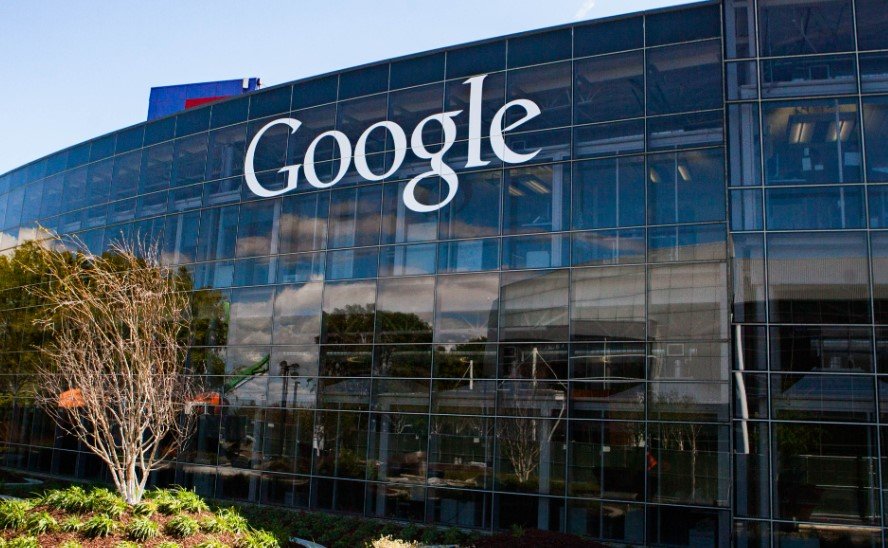A federal judge in Washington ruled on September 2, 2025, that Google must share search data with competitors to boost online search competition, but the company avoids selling its Chrome browser and keeps its revenue deal with Apple. This decision marks a key moment in the ongoing antitrust battle against Big Tech, following a five-year legal fight where Google was found to hold an illegal monopoly in search.
Details of the Landmark Decision
The ruling came from Judge Amit P. Mehta in the US District Court for the District of Columbia. He ordered Google to provide rivals with anonymized search query data and user interaction details for up to five years. This move aims to help competitors improve their own search tools and challenge Google’s dominance.
Prosecutors had pushed for stronger actions, like forcing Google to sell off Chrome or its Android system. But the judge rejected those ideas, calling them too extreme. Instead, he focused on ending exclusive deals that lock in Google’s search as the default on devices.
Google can continue payments to partners like Apple, where it pays billions each year to stay the default search on iPhones. However, the company must stop using these deals to block rivals from similar spots.
This case started in 2020 when the US Department of Justice sued Google over its search practices. Last year, in August 2024, the judge ruled Google had broken antitrust laws by spending huge sums to secure default status on browsers and phones.

How the Ruling Affects Google’s Business
Google’s stock rose about 6 percent right after the news, showing investor relief over avoiding a breakup. Analysts say sharing data could hurt Google’s ad revenue in the long run, as stronger rivals might pull away users.
The company earns most of its money from search ads, pulling in over $300 billion in revenue last year. By sharing data, rivals like Microsoft Bing or smaller players could build better search engines, leading to more choices for users.
On the flip side, keeping Chrome and Android intact protects key parts of Google’s ecosystem. Chrome has over 3 billion users worldwide, making it the top browser. Losing it could have disrupted how people access Google’s services.
The decision also touches on new tech like AI. The judge barred Google from using exclusive deals to control AI search tools, such as those competing with ChatGPT. This could open doors for innovation in generative AI, where Google has invested heavily with its Gemini models.
Here are some key elements of the ruling:
- Share anonymized search data with qualified rivals for five years.
- End exclusive default search agreements on browsers and devices.
- No forced sale of Chrome browser or Android operating system.
- Restrictions on using payments to limit competition in AI tools.
Reactions from Tech Industry and Experts
Tech leaders had mixed views on the outcome. Some see it as a win for competition, while others worry it does not go far enough to curb Google’s power. Microsoft, a main rival, welcomed the data-sharing part, saying it could help Bing grow.
Consumer groups praised the move for giving users more options. One expert noted that default search deals influence about 90 percent of online queries, so changes here could shift how people find information.
Google plans to appeal parts of the ruling, arguing it already faces tough competition from apps and social media. The company’s lawyers called the decision a step forward but said data sharing might harm user privacy.
Lawmakers on both sides of the aisle commented too. Some Democrats pushed for tougher rules, while Republicans highlighted the need to watch all Big Tech firms, including recent cases against Apple and Amazon.
| Timeline of Google’s Antitrust Case | Key Events |
|---|---|
| October 2020 | US Department of Justice files lawsuit against Google for search monopoly. |
| August 2024 | Judge rules Google illegally maintained monopoly through exclusive deals. |
| September 2025 | Final ruling orders data sharing but rejects breakup of Chrome or Android. |
| Future | Google appeals; potential enforcement delays until 2026. |
Broader Impact on Big Tech and Users
This ruling sets a pattern for other antitrust cases. It shows judges prefer targeted fixes over full breakups, like in the old Microsoft case from the 1990s. Back then, Microsoft avoided a split but had to open up its software.
For everyday users, it means possibly better search options soon. If rivals use the shared data well, searches could get faster or more accurate. But privacy concerns remain, as data sharing must protect personal info.
The case ties into global trends. In Europe, Google faces similar rules under the Digital Markets Act, forcing changes to app stores and search. In India, regulators probe Google’s Play Store fees.
Looking ahead, this could slow Google’s push into AI. With rivals getting a boost, the search landscape might change by 2030, leading to more diverse tools for finding info online.
Experts predict Google’s market share, now over 90 percent in search, might drop to 80 percent in five years if competitors step up. This shift could benefit small businesses that rely on search traffic for ads.
The decision also links to recent events, like Google’s tie-up with Reliance in India for AI infrastructure. Such deals might face more scrutiny now to ensure fair play.
What do you think about this ruling? Share your thoughts in the comments below and spread the word if it helped you understand the changes coming to online search.
